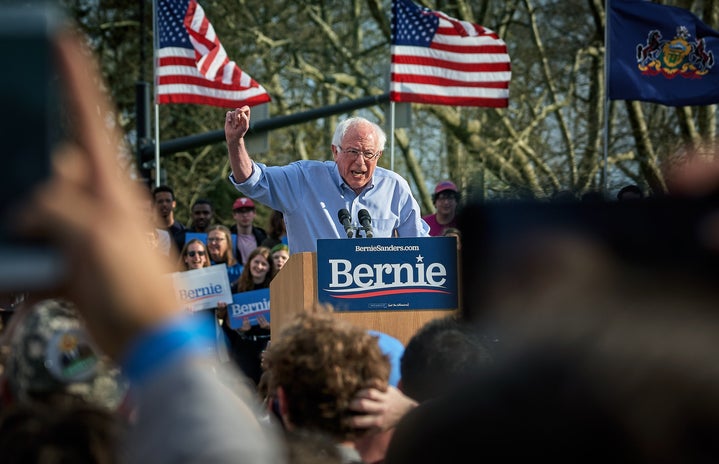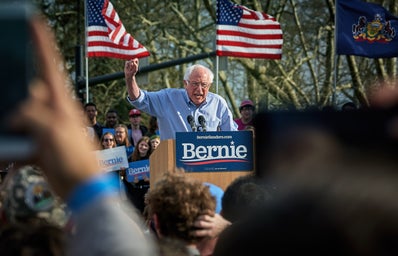Feb. 3, 2020: The country became officially one step closer to finding a 2020 Democratic presidential candidate and, potentially, the next president of the United States—only, not really.
Iowa, Nevada and Wyoming are among the six states in the country that still hold caucuses. This number has fluctuated throughout the years, most states having switched to the familiar primary election system. Iowa is important because it is the first of any caucus or primary election in a presidential election year, but caucuses function much differently than do primaries.
For one, a caucus is not an election. Essentially, caucuses exist to allocate delegates to the national party under a favored candidate. For example, secretary Hillary Clinton won the Iowa caucus in 2016 for a total of 23 declared delegates to Senator Bernie Sanders’ 21. For the rest of the country, Iowa serves as the first concrete indication of which candidates are catching their constituents’ eyes. There are over 1,600 precincts found all over the state of Iowa—schools, libraries, sports arenas—for people all over the state to come out and advocate for their top candidates.
The Iowa caucus began on Feb. 3 at exactly seven in the evening. Any potential participants must be registered under the specific political party for which the caucus functions under—on Monday, the Democratic and Republican caucuses occurred simultaneously, with President Donald Trump winning 97 percent of the Republican caucus votes. The night began with an initial round of alignment—that is, it began with caucus-goers congregating around whichever precinct leader represented their first-choice candidate. Those supporting Senator Bernie Sanders gathered in one section of the precinct, those supporting Senator Elizabeth Warren in another, so on and so forth.
Groups are considered “viable” if they can reach 15 percent of the total caucus, thus earning delegates towards the presidential election. These viable groups subsequently send forth representatives to make speeches to the rest of the caucus to convince more people to join their ranks. Groups that are not viable (those that do not reach 15 percent of the caucus’ support) can regroup into other viable groups or even combine to create another. Second alignment concludes when the rest of the shuffling has ended and the caucus chairman announces the results, therefore allocating the number of delegates appropriate to the respective candidates.
So, what happened on Monday night?
The Democratic caucus in Iowa ran into some issues which NBC News and many other sources have referred to as “chaos.” The issues surfaced once it became apparent that certain inconsistencies involving the Iowa Democratic Party’s new app—meant to speed up reporting about the caucus results—seem to have malfunctioned and instead delayed results until late Tuesday afternoon.
The delayed results caused understandable uproar and even some candidates calling an early victory despite results having not been released. The candidates that did give speeches all expressed vague declarations of optimism for New Hampshire (the next stop on the long road to the presidency), with former mayor of South Bend, Indiana, Pete Buttigieg stating confidently, “But we know, by the time it’s all said and done, Iowa, you have shocked the nation, because by all indications, we are going on to New Hampshire victorious.”
At 5 p.m. EST, with 62 percent of precincts having released their results, Pete Buttigieg and Senator Bernie Sanders pulled ahead as projected leaders with 26.9 percent and 25.1 percent of the Iowa delegates respectively. Sanders, however, clinched the popular vote after both alignments. Former Vice President Joe Biden fell below the 15 percent viability threshold on some Iowa precincts, Senator Elizabeth Warren pulling ahead by a narrow three percent. This is especially surprising considering Biden’s previous success in polls leading up to 2020.
These logistical issues from Iowa have led to many in the political world calling for the end of the caucus system as questions about the results’ validity have worried many voters. Many people around the world are left to wonder, “How much integrity does our election process still have?”
To catch up on the rest of the story, follow up with live updates from CNN.
Want to see more HCFSU? Be sure to like us on Facebook and follow us on Instagram, Twitter and Pinterest!





